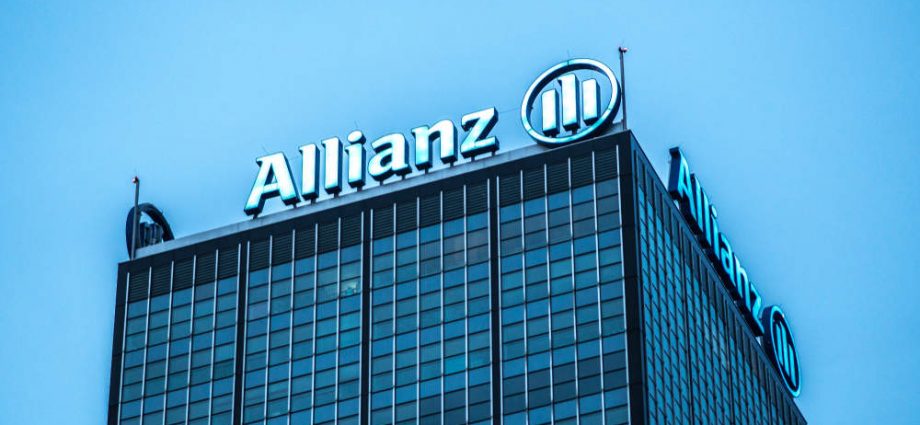Whether the chemical company Bayer or Volkswagen – several German companies were or are confronted with expensive class actions in the USA. But that’s not the only liability risk for companies.
According to an analysis by Allianz, companies are confronted with increasing liability risks – particularly through class actions and recalls. In the USA in particular, the courts are awarding plaintiffs against companies with ever higher amounts of compensation. Accordingly, the average settlement sum of the 50 largest US court judgments from 2014 to 2018 has almost doubled from 28 to 54 million US dollars, write the liability experts of the Allianz industrial insurer AGCS in their study published on Wednesday.
A growing number of product recalls is particularly noticeable in Europe. Accordingly, there were 475 recalls in the EU in the auto industry alone in 2019, eleven percent more than in 2018 (428) – and the highest value in the past decade. According to the AGCS study, the increasing concentration in the industry is contributing to the increasing risks. The Japanese airbag manufacturer Tataka has achieved particular fame in this regard. According to AGCS, this supplied 19 car manufacturers. After reports of injuries and fatal accidents, an estimated 60 to 70 million cars were recalled from 2002 to 2015, according to the study.
Chances and dangers from Corona
According to AGCS, the corona pandemic could have two effects on product safety in the food industry – both positive and negative. On the one hand, higher hygiene standards could even reduce the risk of contamination. On the other hand, the uncertainties of the epidemic with new business processes, temporary closings, working from home, fewer official controls and irregularities in the supply chains could pose new threats to product safety, warn the insurer’s experts.
Allianz sees two very different phenomena as a further risk for companies: the protest movements around the globe and environmental regulations, including indoor air quality. In the latter respect, the pandemic could have direct effects, according to the study: the risk of legionella and mold growth was exacerbated by the temporary closure of commercial buildings, hotels, fitness studios and other facilities during the pandemic.

